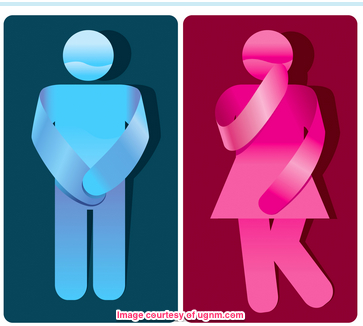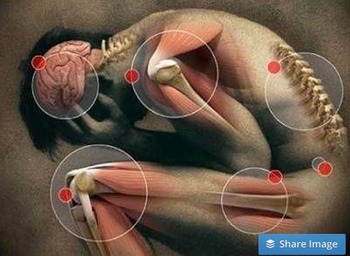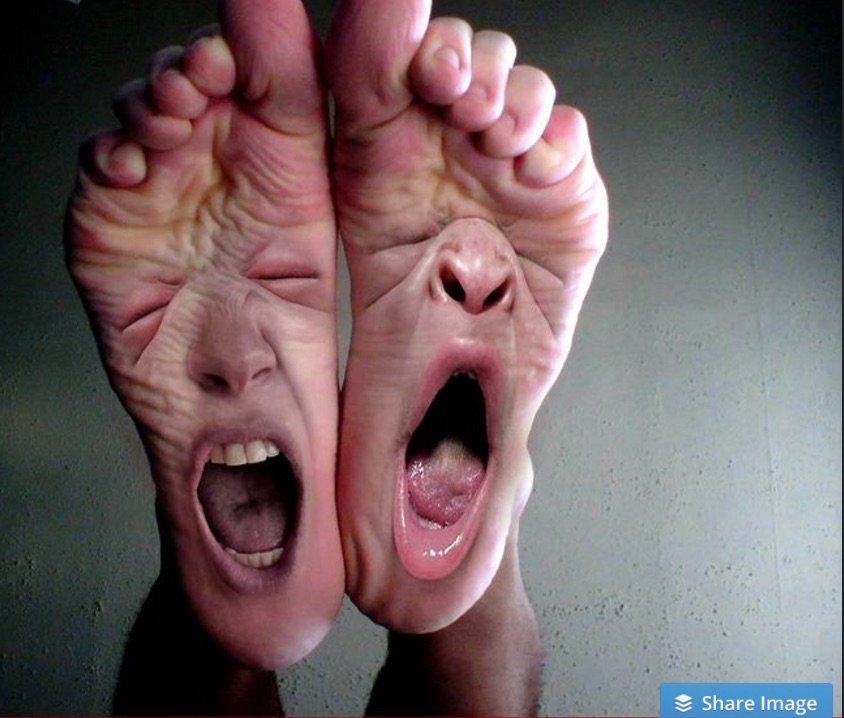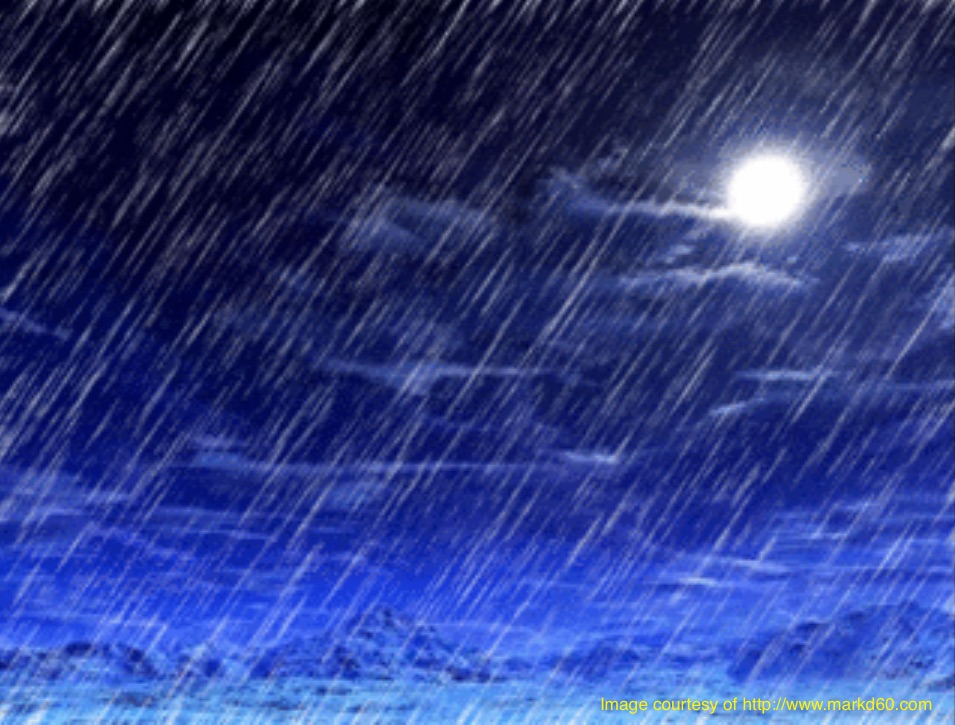 My clinic treats many cases of overactive bladder and intractable interstitial cystitis, with often stunning success. Over the years, many studies have been done which have found that acupuncture and Chinese medicine are as, or more effective as the leading pharmaceuticals in treating an overactive bladder. Some of those I have excerpted below.
My clinic treats many cases of overactive bladder and intractable interstitial cystitis, with often stunning success. Over the years, many studies have been done which have found that acupuncture and Chinese medicine are as, or more effective as the leading pharmaceuticals in treating an overactive bladder. Some of those I have excerpted below.
An article about the study, which can be read here, found that there was almost perfect (90%) resolution of bladder symptoms. These symptoms include frequent urination, nocturia, a sensation of incomplete emptying, incontinence, loss of urine and urge incontinence.
This is very good news for those suffering from bladder issues who have previously thought that there only option was drug therapy. The pharmaceuticals used to treat these symptoms have many side effects, including dry mouth, dry eyes, constipation, stomach pain, burning urination, extreme thirst, nausea, vomiting, painful urination, difficulty breathing, blurry vision and extreme exhaustion. Happily, acupuncture does not have side effects and so may be preferable for those who wish to avoid potential side effects as well as those for whom the drug is contraindicated: people with pernicious glaucoma, myasthenia gravis, severe liver disease and for those undergoing kidney dialysis.
Other studies have found much the same effect, an example being one which specifically looked at refractory interstitial cystis and found that,
...acupuncture needling combined with moxibustion improves the condition of patients with refractory interstitial cystitis, a urination bladder disorder. Interstitial cystitis involves chronic bladder region pain that is often accompanied by urinary urgency, frequency and the need to wake at night to urination. Moxa needles were applied to acupuncture points over the sacrum and patients experienced significant improvement in the condition.
A Japanese study found that there was a dramatic difference between patients with interstitial cystitis receiving western care versus acupuncture treatment, concluding:
This therapy is traditional and relatively noninvasive. Although its precise mechanism of action is unclear, this study suggests that acupuncture and moxibustion treatment may be a complementary and alternative therapeutic option for refractory IC.
Another study, published in the British Journal of Urology, found that:
79% of patients in the study showed clinically significant improvements. The researchers conclude that acupuncture is an effective treatment modality for patients with overactive bladder syndrome (OAB) and “is well tolerated with no side effects or complications.” As a result, the research team notes that acupuncture “should be considered as a potential alternative to our current therapeutic regimes” for patients with OAB.
 Wednesday, July 19, 2017 at 2:47PM
Wednesday, July 19, 2017 at 2:47PM  [This article is a work in progress]
[This article is a work in progress] Chronic Lymes,
Chronic Lymes,  Lyme,
Lyme,  Lymes,
Lymes,  Lymes disease in
Lymes disease in  Disorders
Disorders 



